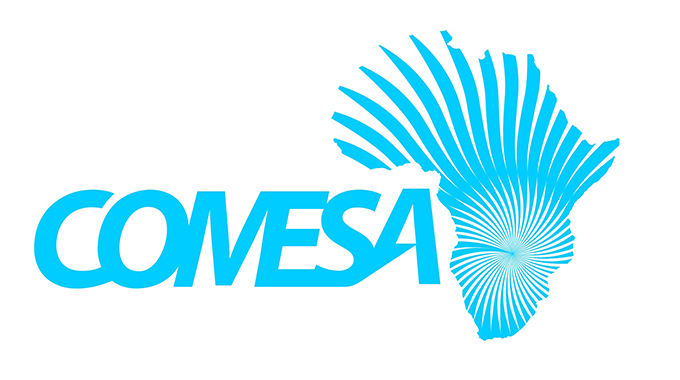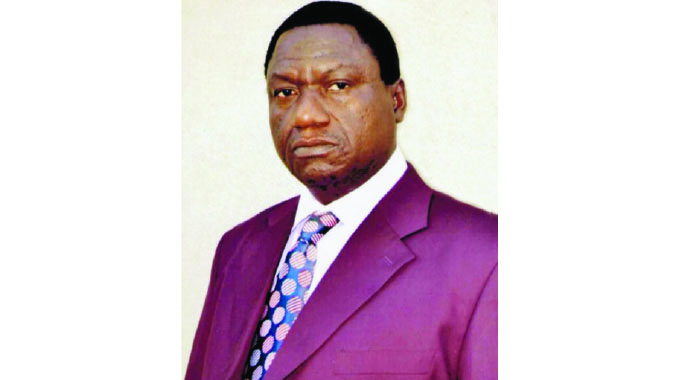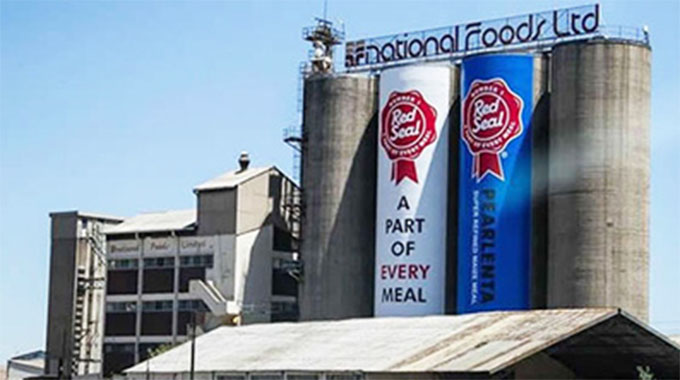Zim moves to remove Comesa trade barriers

Oliver Kazunga Senior Business Reporter
ZIMBABWE is one of only four members of Common Market for Eastern and Southern Africa (Comesa) member countries that have received capacity building support aimed at eliminating Non-Tariff Barriers on trade of common goods.
This is in line with the requisite regulations of Comesa, a 21-member economic bloc whose population exceeds 583 million, entails a Gross Domestic Product of $805 billion and sees export/import trade in goods worth US$324 billion per year.
Comesa forms a major market place for both internal and external trading.
A Non-Tariff Barrier is a form of restrictive trade measure where barriers to trade are set up and take a form other than a tariff.
In a statement, Comesa said the regulations define the roles and responsibilities of the Non-Tariff Barriers (NTBs) institutions to deliver on the intended objective to eliminate barriers across the bloc and increase intra-regional trade.
NTBs include quotas, levies, embargoes, sanctions and other restrictions and are frequently used by large and developed economies.
“Four member States of Comesa have received capacity building support to their institutional frameworks for elimination of Non-Tariff Barriers (NTBs) on common goods, in compliance with the requisite Comesa regulations.
“Madagascar is the latest member State to receive training to support the development of a National Strategy for elimination of NTBs.
“Similar training has been conducted in Zambia, Zimbabwe and Malawi,” said Comesa, adding that Egypt and Tunisia were the next in line.
The training follows an earlier decision by the Comesa Council of Ministers to provide technical support to member States to implement national NTBs elimination programmes which are premised on sound national NTBs elimination strategies. Comesa regulations for the elimination of NTBs provide legally constituted tools for reporting, monitoring and addressing NTBs, the institutional arrangements to manage the NTBs elimination process as well as procedures followed to tackle situations that create NTBs.
“To ensure sustainability of national NTBs elimination programmes, member States are continuously exploring effective tools to implement the regulations.
“This necessitates member States to provide and where possible, outsource a wide range of necessary resources that include technical and funding support,” it said.
On its part, the trading bloc said the Comesa secretariat secured funding under the European Union Fund Programme to improve monitoring and resolution of NTBs.
This funding covers support to institutionalise National Monitoring Committees (NMCs), development of national strategies and implementation plan for the elimination of NTBs and building capacity for NMCs and National Focal Points (NFPs) to resolve NTBs.








Comments